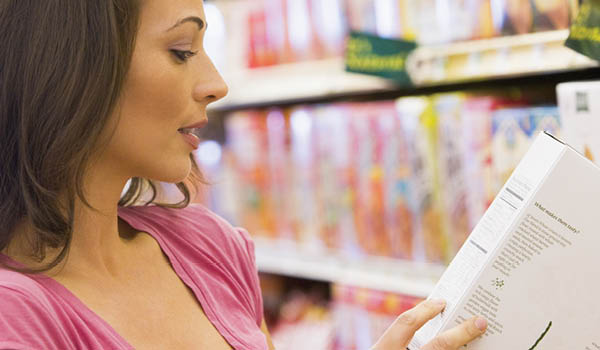The states and territories have backed the Federal Government’s proposed changes to country of origin food labelling.
The agreement follows a period of extensive consultation with industry and consumers. It is expected reforms will commence from July 1, 2016, with new labels expected to be rolled out to retail outlets later this year.
Minister for Industry, Innovation and Science, Christopher Pyne, said the new food labelling system will provide Australian consumers with the clarity they deserve, without imposing an overly onerous burden on businesses.
Many foods found on Australian retail shelves will be required to include a kangaroo in a triangle logo to indicate the food is made, produced or grown in Australia. The new system will also include a bar chart indicating the proportion of Australian ingredients.
With the introduction of the reforms, the enhanced country of origin labelling requirements will move from the Australia New Zealand Food Standards Code to Australian Consumer Law.
Food labelling verdict a win for Australian consumers: AUSVEG
AUSVEG CEO Richard Mulcahy said the decision was “an encouraging step forward in the challenge to implement a clear and robust country of origin labelling system for Australian consumers”.
“After many years of campaigning for effective reforms that eliminate ambiguous and deceptive labelling terminology, AUSVEG is pleased that the state departments have maximised the opportunity to come together and support the Federal Government’s proposed reforms.
“This will undoubtedly open the door for a country of origin labelling system that operates on a unified, federal platform that is enforced by the Australian Competition and Consumer Commission, which will make for stronger regulation of Australia’s food labelling systems.
“Market research has shown that Australian consumers are desperate for a clearer indication of where the food they are buying comes from, as confusing statements such as ‘Made from local and imported ingredients’ left them none the wiser about a product’s real origin.
“Although the proposed system does not offer a complete solution to these issues, AUSVEG recognises that it is an encouraging step forward to provide consumers with more transparent, informative labelling on the foods they buy.
“Australian consumers deserve the right to make informed purchasing decisions and AUSVEG will continue to campaign for effective reform that eliminates ambiguous and deceptive food labelling terminology,” Mr Mulcahy said.

